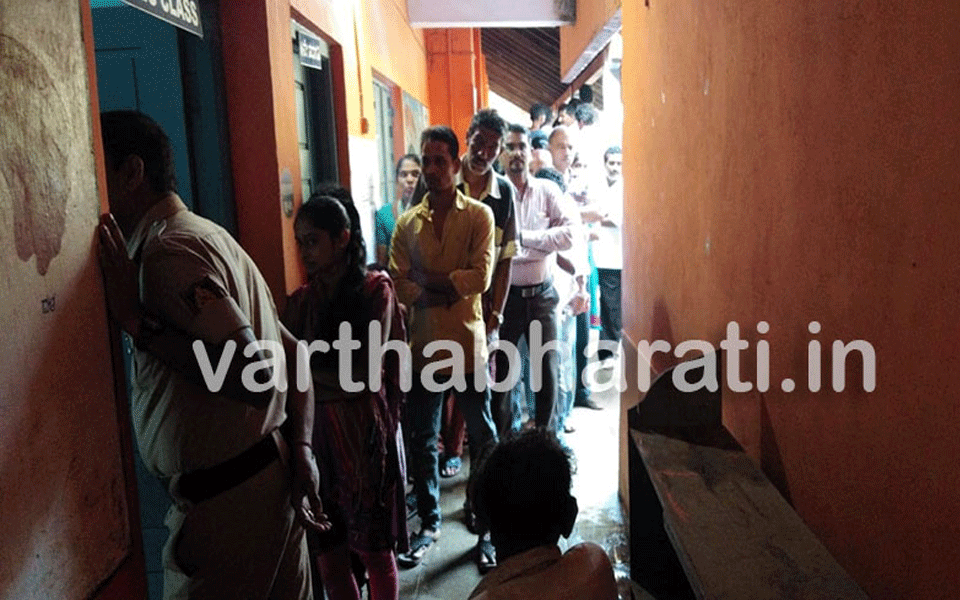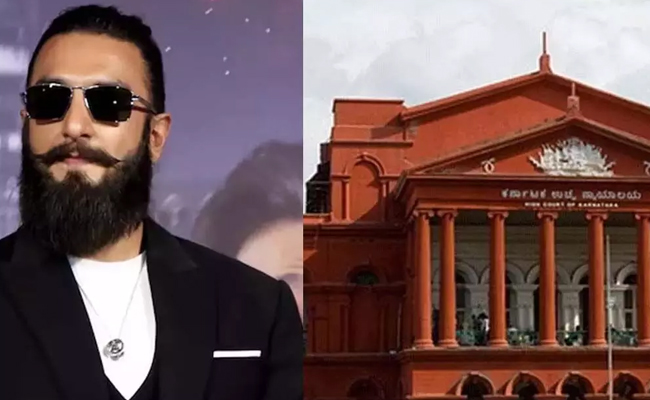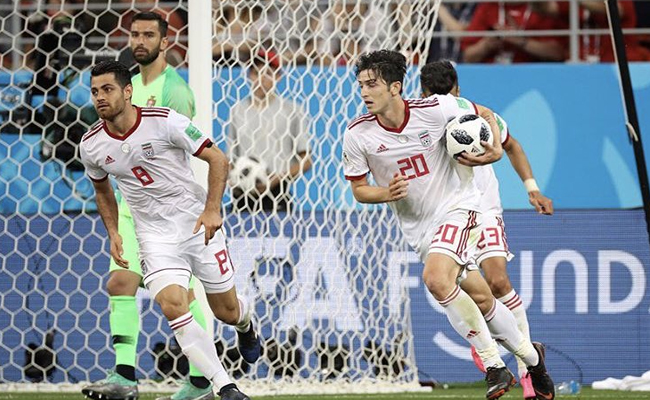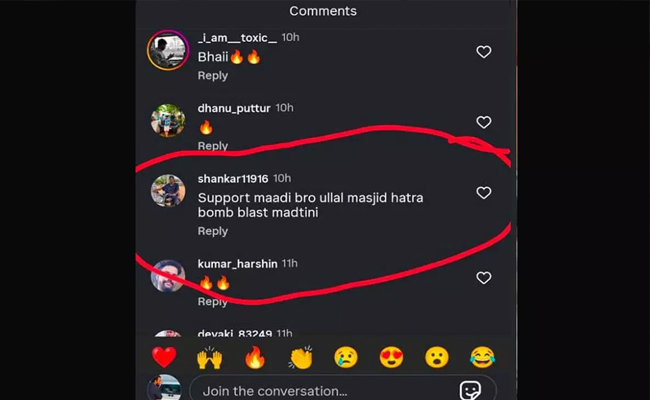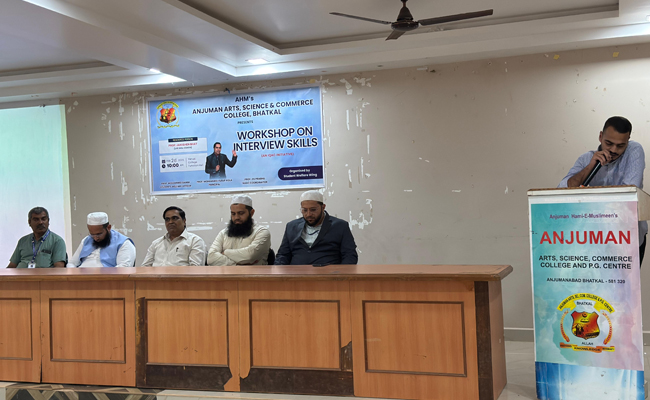Mangaluru: Elections began for Ullal and Puttur City Municipal Corporations, Bantwal Town Municipal Corporation and Udupi distrcit’s four local bodies today. Of the 89 wards, 1,17,979 voters are required to elect 89 Representatives, with a total of 250 candidates in the arena.
Of the 31 wards in Ullal, 102 candidates are contesting, with 44,132 voters. Out of 31 wards in Puttur, 77 candidates are in the fray, with 39,745 voters. Of the 27 wards in Bantwal, 71 candidates are in the arena with 34,102 voters.
Ullal has 43 polling stations, including 18 most sensitive and 11 sensitive stations. There are 41 polling booths in Puttur, with 27 sensitive. Bantwal has 18 very sensitive and 14 sensitive of 32 booths.
A total of 145 voting machines are being used for elections to three local bodies. Also, 145 ballet units and control units are also installed.
Nota usage
Voters who do not want to vote for any of the candidates are allowed to vote for NOTA option in the voting machine.
Polling booth Details of Udupi district
For the 35 wards of the Udupi Urban Local Bodies, 98 polling stations have been setup. Of 97,561 voters, there are 47,538 men, 50,022 women and one other.
There are 23,302 voters, including 11,292 men and 12,010 women in 23 Kundapura town Municipality.
In 23 wards of Karkala Municipality, there are 23 polling stations. It has 9,879 men and 10,725 women, with a total of 20,604 voters.
There are 16 polling stations for 16 wards of the Saligrama Town Panchayat, with 6,213 men and 6,748 women, with a total of 12,961 voters.
General Holiday:
In a bid to fecilitate voter to exercise their franchise, general holiday for all the state government offices, schools, colleges (including aided educational institutions) of the respective constituencies have been decleared holiday on August 31.
Let the Truth be known. If you read VB and like VB, please be a VB Supporter and Help us deliver the Truth to one and all.
Bengaluru (PTI): The Karnataka High Court on Monday extended the interim relief given to Bollywood actor Ranveer Singh till March 9, in a case related to mimicking a character from the movie, 'Kantara Chapter-1', and allegedly mocking a deity.
The actor had approached the High Court seeking the quashing of the FIR against him for mimicking Rishab Shetty's role as 'Chavunda' deity in the movie.
While mimicking, Singh had called the deity a "ghost". The actor was asked to appear before the court in person on Monday.
Appearing on behalf of the actor, his counsel Sajjan Poovayya said Singh was stuck in London and was unable to reach Bengaluru due to the conflict in West Asia.
The complainant, who is a lawyer, alleged that his religious sentiments were hurt by calling the deity a ghost. On the directions of a local Court, the police registered a case against the actor.
The High Court on February 24 granted interim relief to the actor with directions to the police not to take any coercive steps against him.

